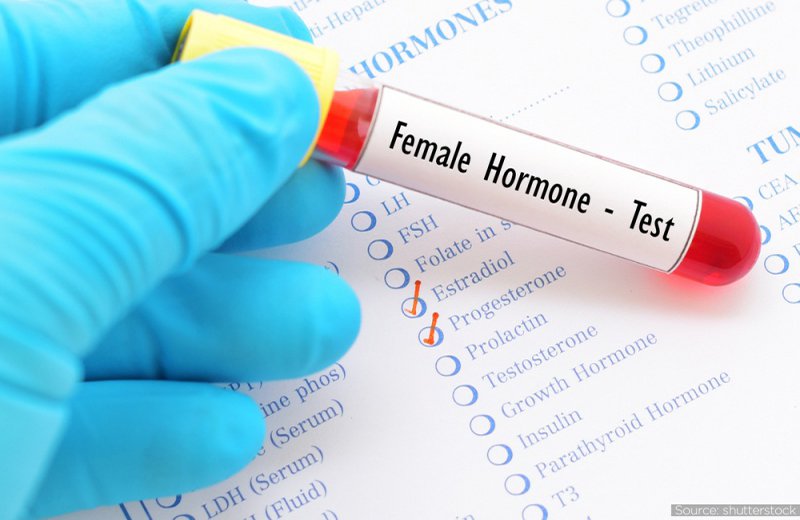Hematology - biochemistry is one of the most used tests in the medical field, the general blood test plays an important role in guiding and suggesting the most common disease diagnosis in treatment and Health care today.
General blood tests are usually ordered in the following cases:
- Overall health assessment through a general blood count test;
- Diagnosing the disease: a general blood count test can help a doctor diagnose the cause of the symptoms of certain diseases.
- Monitor the medical condition: If you have been diagnosed with some medical conditions affecting the blood cell count, such as anemia, leukemia or vera polycythemia ... complete blood count to monitor the condition and progression of the disease.
- Monitoring the course of treatment: a general blood count test is used to monitor the effectiveness of the treatment.
What is a general blood test?
General blood test is a form of subclinical diagnosis in medicine to find out pathogens, check antibodies to detect many diseases, disorders with parameters related to test indicators blood.
The blood test results also show the patient's blood type (such as blood type A, B, O, AB, Rh +, Rh- to determine the method of blood transfusion when needed. It also helps to detect dangerous diseases early and from there the doctor will have timely treatment, increase the chances of recovering from the disease and avoid long-term complications.
How many types of blood tests are there?
Usually blood tests are divided into 2 types, a hematology test (CBC) and a biochemical blood test.
- Hematology tests: usually performed in periodic health examinations to help detect anemia, blood clotting, cancer blood.
- Biochemical blood test: A group of tests that measure different chemicals in the blood, usually performed on the plasma portion. Tests can give your doctor information about your muscles (including the heart), bones, and organs, such as the kidneys and liver. Biochemical blood tests include: tests for calcium, electrolytes, blood sugar, liver-kidney function, ...
What is the role of a general blood test?
According to medical experts, there are many diseases detected through the general index of blood tests.
- Blood diseases and blood components: doctors will discover many dangerous diseases such as anemia, infection, parasitic infections, blood clotting problems, even cancer. letter ... The steps for performing the test include:
- Check red blood cells: Red blood cells are responsible for carrying oxygen from the lungs to other organs in the body. The test shows that abnormal red blood cells are most likely a sign of anemia, dehydration, bleeding, or other disorders of the red blood cells.
- Check the number of white blood cells: In the immune system this is an extremely important biochemical index of blood. The more dangerous the abnormal amount of white blood cells in the body, which can be a sign of blood infection or even cancer.
- Hemoglobin (Hb): The most important component in oxygen transport. If the hemoglobin level is abnormal, the body is at risk for anemia, thalassemia syndrome or other blood disorders.
- Pathologies related to blood sugar: A blood test shows that a high level of sugar (glucose) in the blood is a sign of diabetes.
- The diseases related to calcium in the blood: Testing shows that high or low calcium in the blood is a sign of diseases related to kidneys, bones, joints, thyroid, malnutrition, cancer or disorders. Another disorder.
Electrolyte-related conditions: Abnormal electrolytes (including sodium, potassium, bicarbonate and chloride) are indicative of kidney disease, liver disease, heart failure, hypertension, loss of country.
- Kidney diseases and kidney function: Blood tests measure blood urea and creatinine levels with abnormal parameters is a sign of kidney disease, or kidney dysfunction.
- Pathologies related to enzyme activity: Blood test shows abnormal enzyme index is a sign of diseases of the heart, digestive system, ...
- Damage to muscles and heart cells: A blood test checks the concentration of troponin in the blood of the patient when there are signs of chest pain or heart attack.
- Risk of heart disease and dyslipidemia: Through blood indicators related to cholesterol and triglyceride levels, the doctor will determine the risk of cardiovascular disease, coronary artery disease, dyslipidemia ...
- Bad cholesterol: In the blood vessels, there is a lot of bad cholesterol, it creates plaques that obstruct blood circulation, causing blood vessel blockage.
- Good cholesterol: Helps to prevent congestion of blood circulation.
- Triglyceride: A type of fat found in the blood.
At MEDIC DI AN GENERAL CLINIC the nutritional examination, counseling, testing and treatment process is scientifically built from examination, diagnostic testing, diet formulation to personalized menu and guide to cook food scientifically, guide proper movement, contribute to improving the effectiveness of disease treatment.










 A12 - 55 - 57 Lê Trọng Tấn, Khu phố Bình Đường 2, Phường An Bình, TP. Dĩ An, Bình Dương
A12 - 55 - 57 Lê Trọng Tấn, Khu phố Bình Đường 2, Phường An Bình, TP. Dĩ An, Bình Dương Điện thoại: 0274.3792 803 - 0274.3790 106 - Số hotline: 0943 508 778
Điện thoại: 0274.3792 803 - 0274.3790 106 - Số hotline: 0943 508 778 medicdian@gmail.com
medicdian@gmail.com www.medicdian.com
www.medicdian.com
